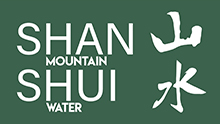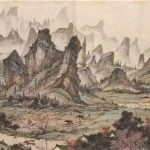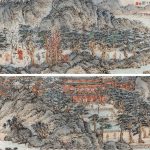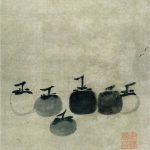Under the Mackerel Sky Cillíní – or: the dead children of Achill
Unter dem Makrelenhimmel
Cillíní – oder: die toten kinder von Achill
By; René Böll
Under the Mackerel Sky
Cillíní – or: the dead children of Achill
translated into English by Sujata Bhatt & Michael Augustin
Faoi Spéir Dhroim an Ronnaigh
Cillíní – nó páistí marbha Acla
Traschruthaithe i nGaeilge ag Gabriel Rosenstock
Issue 4
Since the mid fifties when I was a child and spent the summer months on Achill Island, I was very impressed with the cillin in Dookinella on top of the cliffs. This was the only one we knew of at that time. I remember, new graves appeared there until the end of the fifties and probably even until the beginning of the sixties. I never forgot about it and when I was older I worked on an artistic project about the cillíni on Achill Island and the Currane Peninsula. I have also written poems directly addressing this theme. The phrase “children’s burial ground” refers to an unconsecrated place used primarily, though not exclusively, for the burial of unbaptised children. Unbaptised babies could not be buried in consecrated ground so they were buried between sunset and sunrise outside the walls of the graveyard or in a disused graveyard, a cillin or a ringfort. The church stated that these children could not enter heaven but that they would remain in Limbo forever and that they would never be able to meet their parents again. Local folklore relates that adults, particularly unknown foreigners such as sailors washed ashore, strangers to the community and those who died by suicide, were also sometimes interred in these burial grounds. Frequently the locations chosen were abandoned Early Christian church sites or ringforts, but children were also buried in places such as haggards and fields, beside boundary fences and crossroads, under lone bushes, in the clefts of cliffs, on the seashore or outside a graveyard wall. Children’s burial grounds are frequently located within a pre-existing early ecclesiastical site or ringfort. Those sites which are not associated with an older monument are usually marked now by little more than an area of uncultivated stony ground, often raised above the general surroundings, To this day I have come to know of 22 cillini on Achill and the Currane Peninsula. Just a few are marked with a little monument or a cross. In my paintings I want to make visible the invisible, the things behind it, the unwritten but never forgotten history of these children. My work is an epitaph for the children of Achill Island and for all of Ireland.
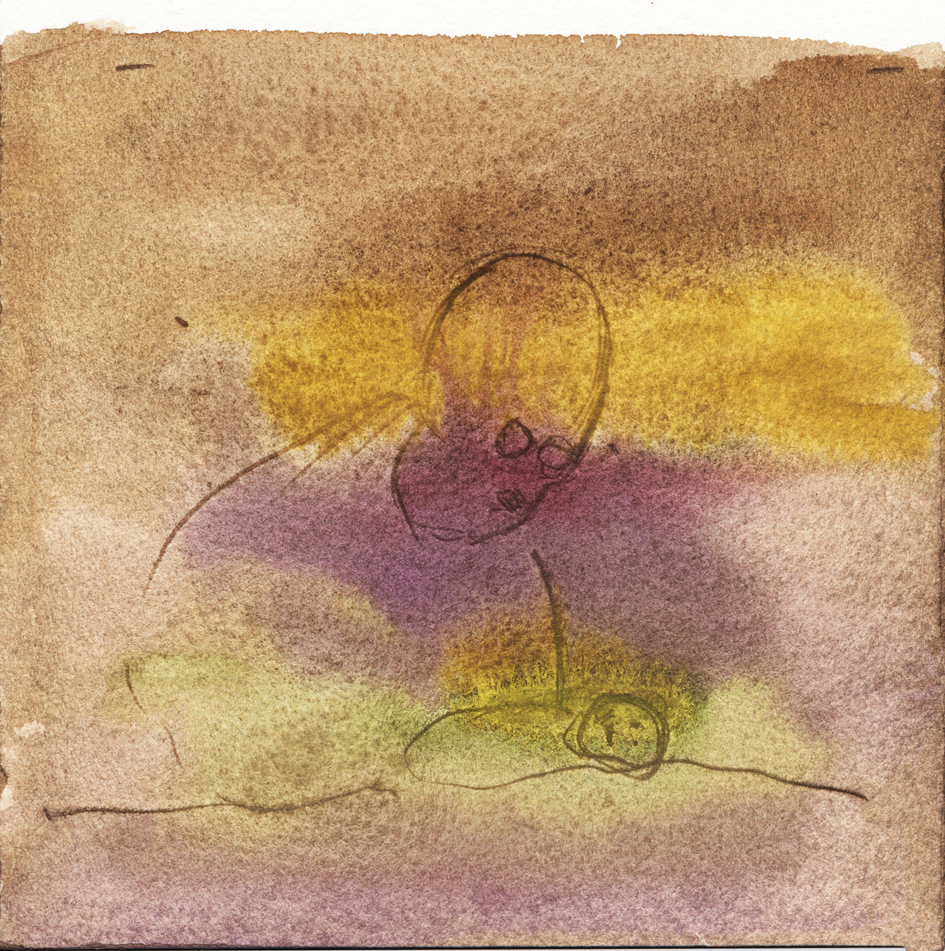
Kinder die nie lebten
Liegen unter steinen am meer
Makrelenhimmel
Children who never lived
Lie under stones by the sea
Mackerel sky
Páistí nár mhair riamh
Faoi chlocha cois cósta
Spéir dhroim an ronnaigh
*
Etwas besseres als den tod
Fand ich nicht
Bei meinem besuch auf dieser erde
Something better than death
I did not find
During my visit to this earth
Seal abhus
Is níor tháinig mé ar aon ní
Níos fearr ná an bás
*
Mein ewig schlaf
Bereits in dir
Begann er, mutter
My eternal sleep
Already it started
Within you, mother
Suan síoraí
Ionatsa a cuireadh tús leis
A mháithrín
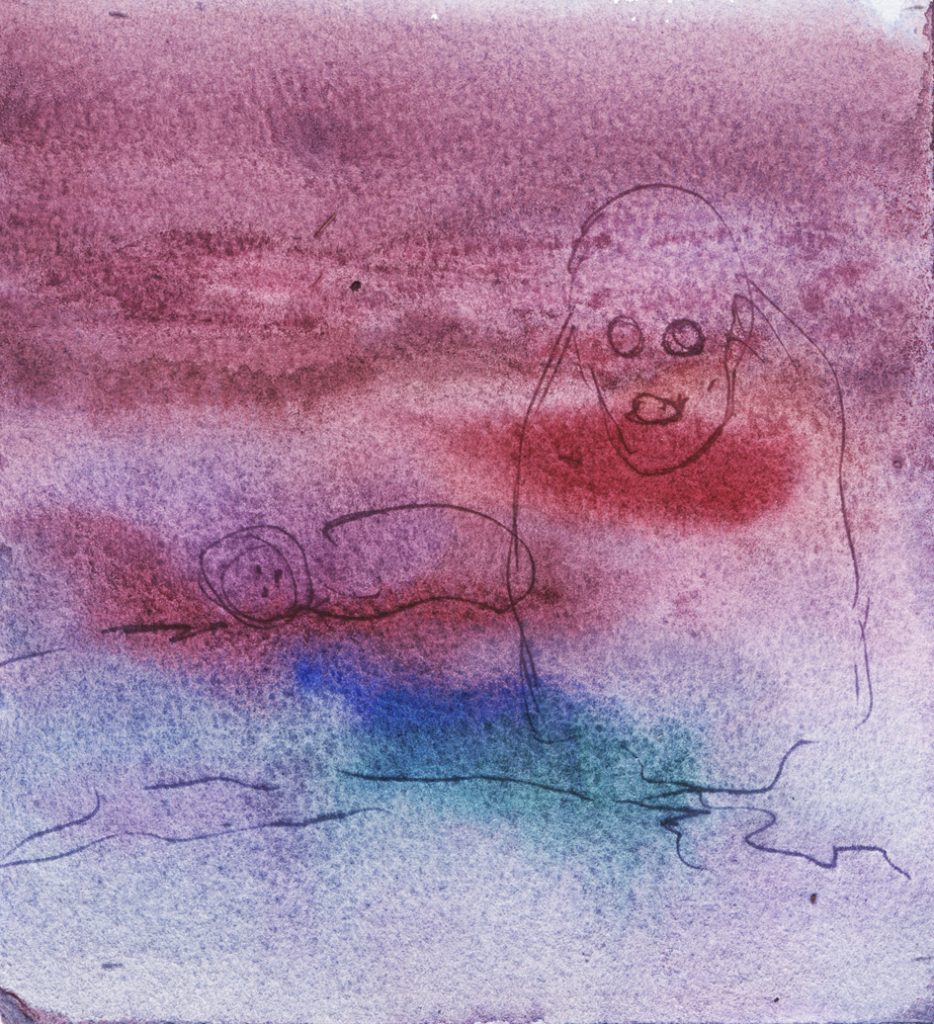
*
Bevor ich lebte verließ ich euch schon
Bin im nirgendwo auf immer
MMeeresrauschen
I left you even before i lived
I am nowhere for ever
The sound of the sea
D’fhágas thú sular mhaireas
Nílim aon áit
Glór síoraí na mara
*
Nicht ins paradies
nNcht in die hölle soll ich kommen
Wohin denn?
Barred from paradise
Barred from hell
Where to instead?
Ní fheicfeadsa parthas
Ifreann ni fheicfead
Cá bhfuil mo thriall?
*
Namenlos werde ich begraben
Gebeugten hauptes mein vater
Den rücken zum meer
Nameless, I am buried
My father’s head bowed
His back turned to the sea
Adhlacfar gan ainm mé
Ceann m’athar cromtha
Droim le muir
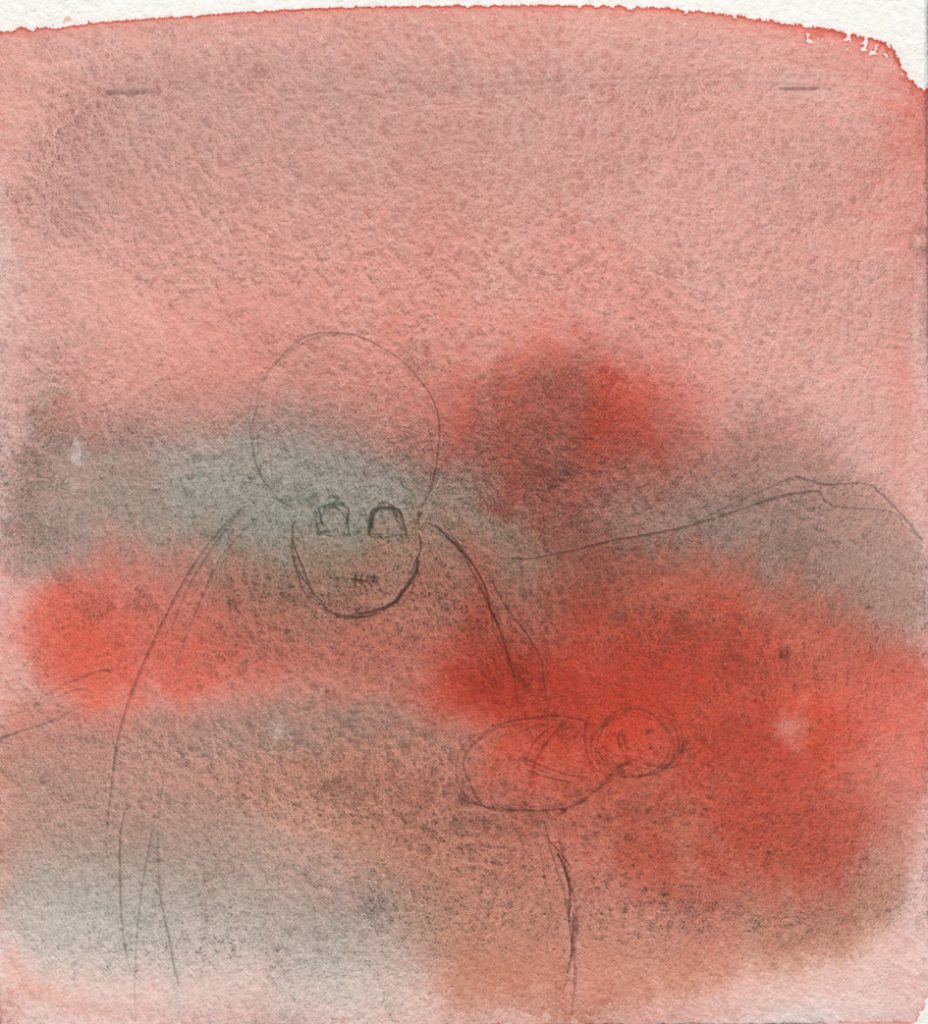
*
Keine gnade hatte der priester
Verscharren mußtet ihr mich
Wie einen hund
No mercy shown by the priest
Hastily you had to bury me
Like a dog
Sagart gan trócaire
B’éigean mé a dhumpáil
Mar ghadhar
*
Zur erde gerichtet mein blick
Deinen toten körper sehe ich
Dieses bild bleibt mir für immer
My eyes on the ground
It’s your dead body I see
This image will stay with me forever
Mo shúile sa chré
Do chorpsa a fheicim
Ní scarfaidh an radharc uaim
*
Grassoden schließen dein grab
Trostlos deine eltern
Ein kormoran taucht ins meer
Grass sods seal your grave
Your parents, unconsoled
A cormorant dives into the sea
Séala d’uaighe: scraithíní
Sólás níl i ndán dod mhuintir
Tumann broigheall sa mhuir
*
Im schatten des Slievemore
Auf den klippen liegt dein grab
Nachts kam dein vater
In Slievemore’s shadow
Your grave lies on the cliffs
Your father came here at night
Faoi scáil an tSléibhe Mhóir
D’uaigh ar na haillte
T’athair ar cuairt istoíche
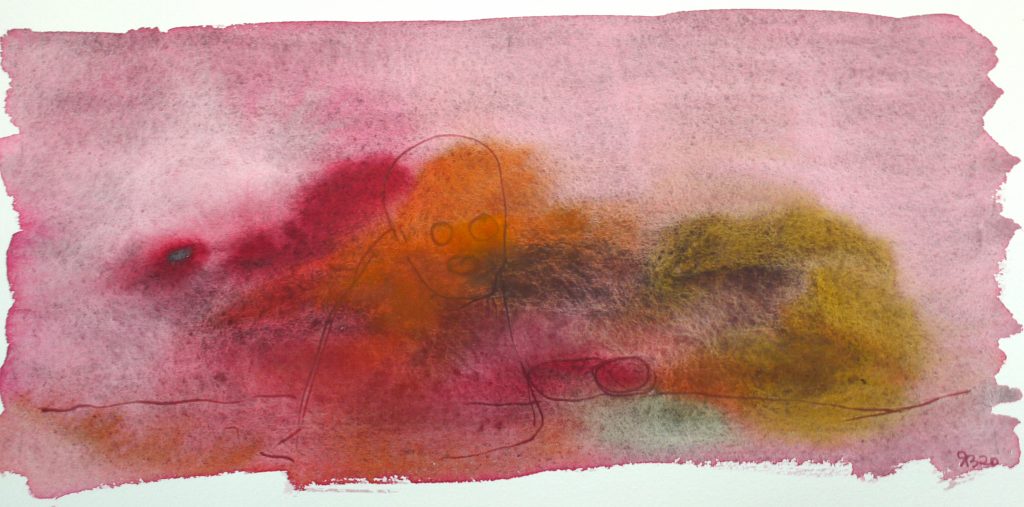
*
So kalt das herz der kirche
Wo war sie, die gnadenreiche
Bei meinem tod?
So cold the heart of mother church
Where was she, the gracious one
At the hour of my death?
Nach fuar é croí na heaglaise
Nár leath orm binn dá fallaing
Uair mo bháis?
*
Die mutter habe ich nie gesehen
Den vater, geschwister und das meer
Ich liege im moor
Mother I never saw
Father, my siblings – nor the sea
I lie in the bog
Mam ní fhaca riamh
Daid, siblíní ná an mhuir
An móinteán mo leaba
*
Am meer steine im gras
Darunter dein grab
Friedhof der kinder
By the sea, stones in the grass
Beneath them, your grave
Cemetery of the children
Clocha san fhéar cois farraige
D’uaighse faoina mbun
Cillín
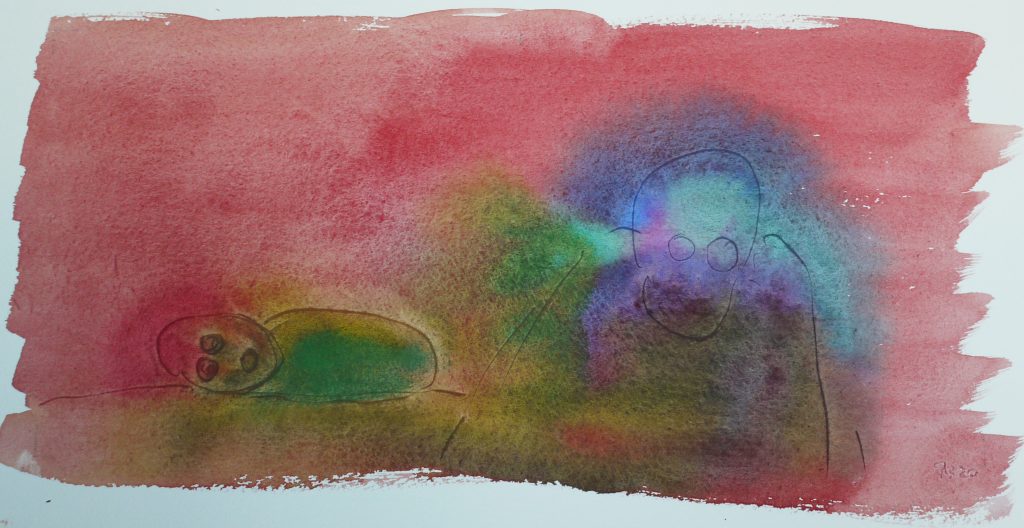
*
Über dem strand
Mein grab in Dukinella
Im meer baden kinder
Above the beach
My grave in Dukinella
Children swim in the sea
Os cionn na trá
Atá m’uaighse i nDumha Cinn Aille
Páistí ag snámh san fharraige
*
Mein einziger besuch
In langen jahren
Die Möwe auf meinem grab
My only visitor
In all these long years
The seagull on my grave
Gan de chuairteoir agam
I gcaitheamh na mblianta
Ach faoileán ar m’uaigh
*
Unter einem grauen stein
Liegst du, kleiner mensch
Achtlos der wanderer
Under a grey stone
You lie, little human
Careless, the passer-by
Faoi chloch ghlas
Do luí, a bheagadáin
Gan aird ag an bhfánaí ort
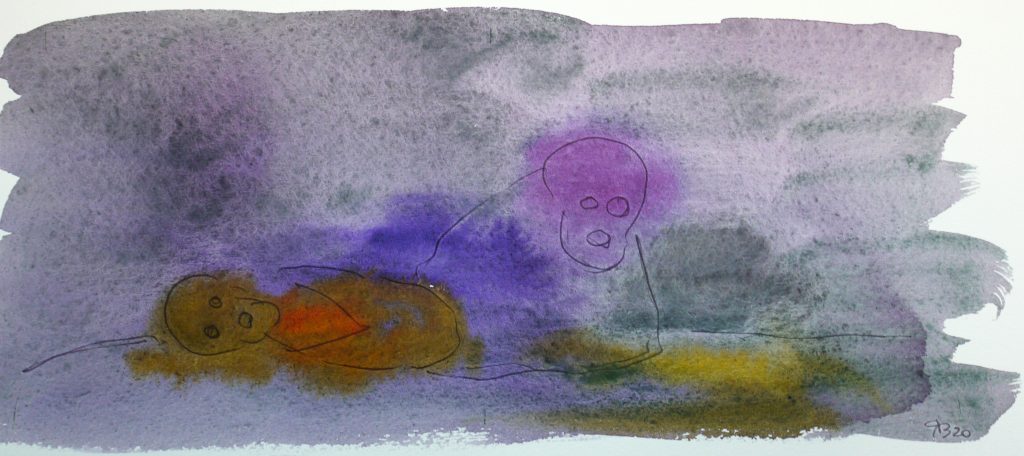
*
Gischt weht über dein grab
Grau der himmel, der stein
Ein kormoran
Sea spray blows over your grave
The sky, grey. a stone
A cormorant
Cáitheadh mara os cionn d’uaighe
Spéir liath, cloch
Broigheall
*
Der priester verbot mein begräbnis
In geweihtem grund
So kam ich her zu euch, kinder
An diesen ort
The priest forbade my burial
On sacred ground
That’s how I came to join you here, Children
In this place
Ní ligfeadh an sagart dom
Luí i dtalamh bheannaithe
Sin a thug anseo in bhur measc mé
A leanaí
*
Mein grab war das letzte
Am atlantic drive
Nach mir kam niemand
My grave was the last one
On atlantic drive
After me there was nobody
M’uaighse an uaigh dheireanach
Ar shlí an atlantaigh
Níor tháinig éinne im dhiaidh
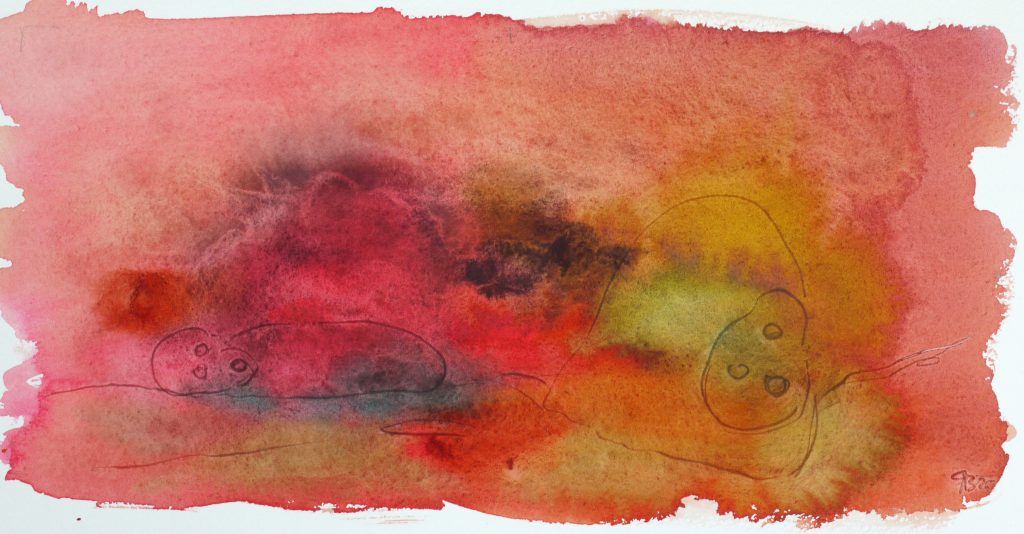
*
Vom verborgenen ahnst du nichts,tourist
Fotos machst du vom meer
Unter deinen wasserdichten wanderschuhen
Liege ich
Tourist, you don’t know what’s hidden here
You take photos of the sea
Under your waterproof walking shoes
I lie
A thurasóir, ní heol duitse cad atá ceilte ort
Glacann tú grianghraif den mhuir
Faoi do bhróga siúlóide uiscedhíonacha
Mo lui
*
Dein grab am meer unvergessen
Du namenlos im nirgendwo
Gelbe flechten der einzige schmuck
Your grave by the sea, unforgotten
You, nameless, in the void
Yellow lichen the only embellishment
D’uaigh cois farraige nach ndearúdfar
Léicean buí mar mhaisiú uirthi
Taoi gan ainm sa bhfolús
*
Nur geflüstert wurde über mich
Und doch vergaßt ihr mich nie
Meine eltern
There was only whispering about me
But still you never forgot me
My parents
Cogar mogar fúm sin uile
Ach níor dhein sibhse dearúd orm
A thuismitheoirí
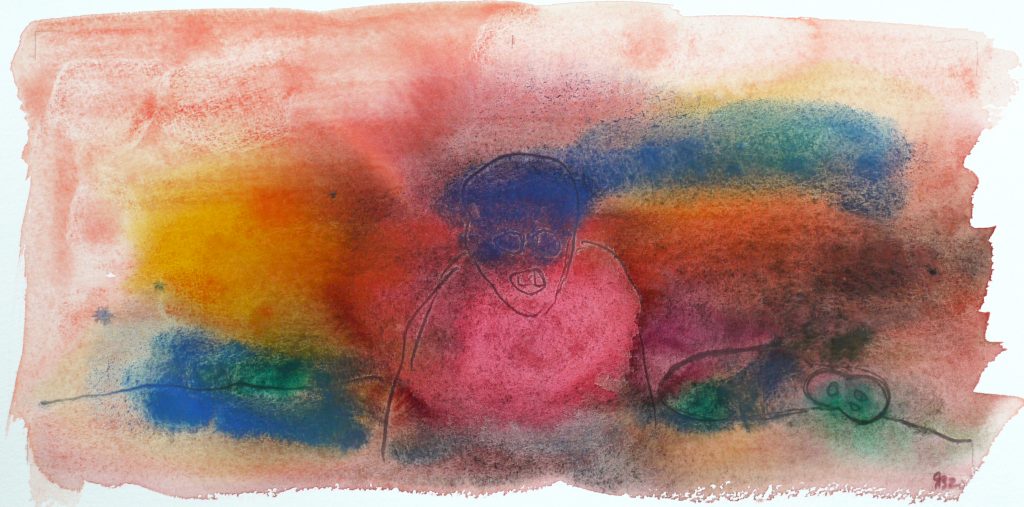
*
Von deinem curragh aus
Wenn du makrelen fischst
Siehst du mein grab
From your curragh
While fishing for mackerel
You can see my grave
Ón gcurach agat
Agus tú ag iascach maicréal
Radharc agat ar m’uaigh
*
Nie sahen wir deinen blick
Nur die toten augen
Blieben uns (fig.1)
We never saw you looking at us
Only the dead eyes
Stayed with us
Ní fhacamar riamh thú is tú ag Breathnú orainn
Súile marbha amháin
A d’fhan linn
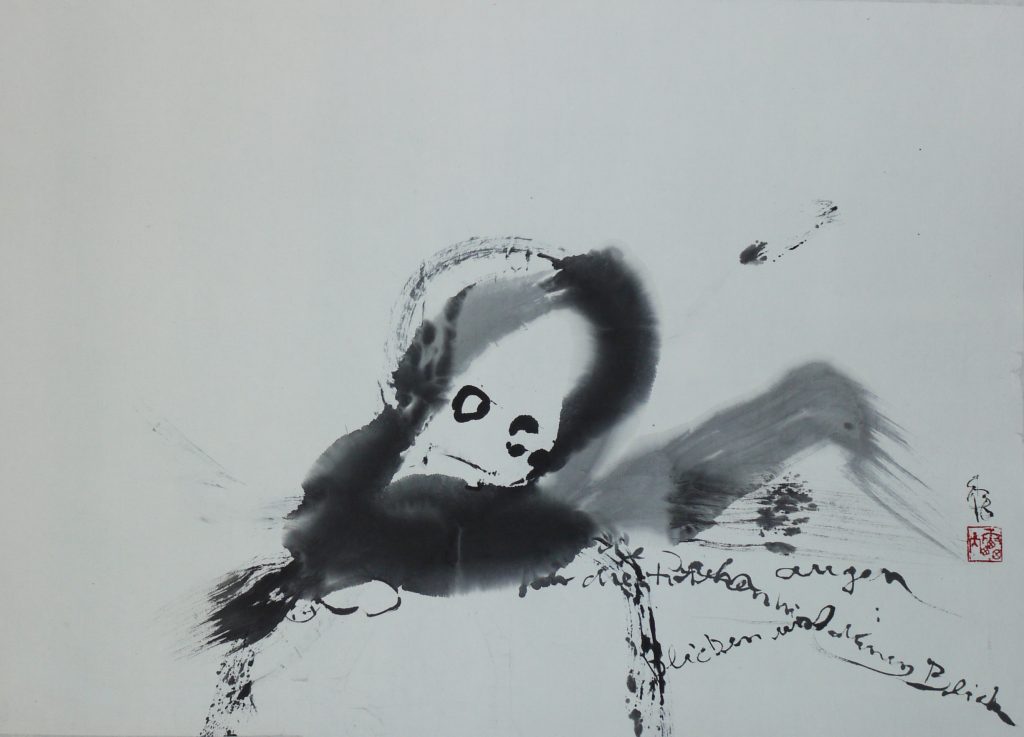
*
Erst auf dem sterbebett erzähltest du, mutter
Von ihr, meiner schwester
Ihren namen nanntest du nicht
Only on your deathbed, mother, you spoke
Of her, my sister
But you did not say her name
Ar leaba do bháis, a mháithrín, a luaigh tú
I, mo dheirfiúr, den chéad uair
Gan a hainm a rá
*
Leben konntest du nicht
Mein Kind ohne namen
Es blieb ein stein nur am meer
You could not live
My nameless child
Nothing left but a stone by the sea
Ní raibh an bheatha i ndán duit
A leanbáin gan ainm
Níl fágtha ach cloch cois toinne
*
Kindergebeine
Eine welle zieht sie ins meer
Nieselregen (fig.2)
Children’s bones
A wave pulls them out to sea –
Drizzle
Cnámha na bpáistí
Á scuabadh chun siúil ag tonn –
Ceobhrán
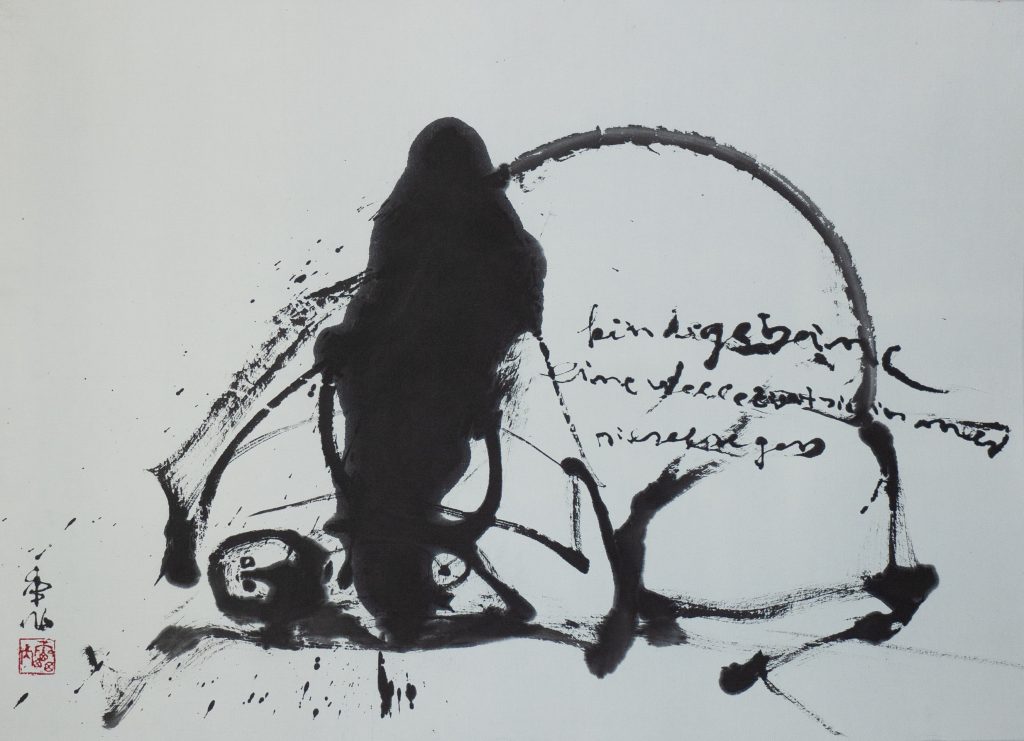
*
Ich freute mich auf meinen bruder
Spielte in gedanken mit ihm
Spurlos blieb sein dasein
How I looked forward to having a brother
Played with him in my mind
No trace left of him being here
Mé ag tnúth le deartháir a bheith agam
Ag spraoi leis i m’aigne
A bheatha gan rian
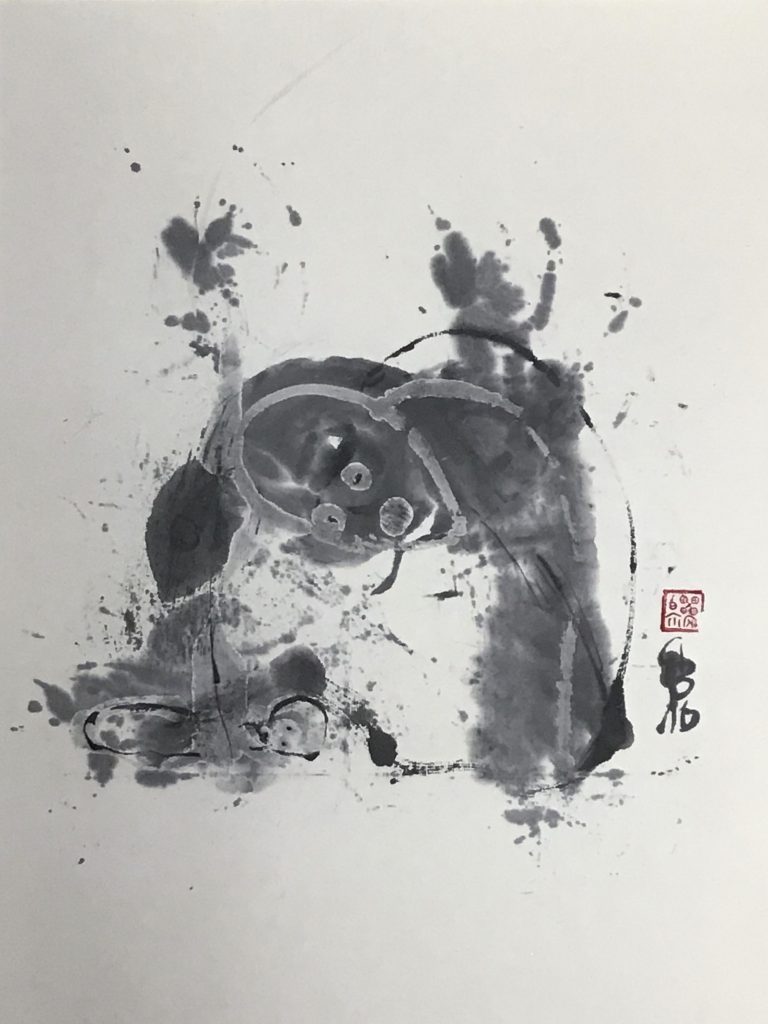
Read the full magazine
